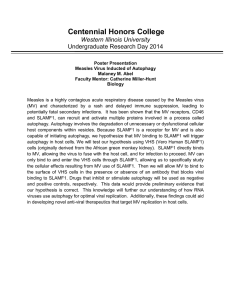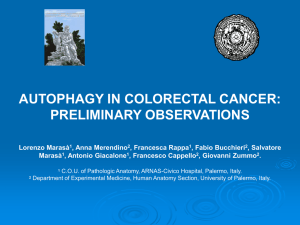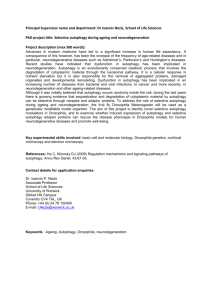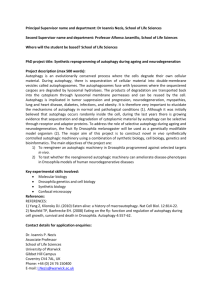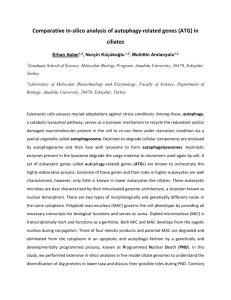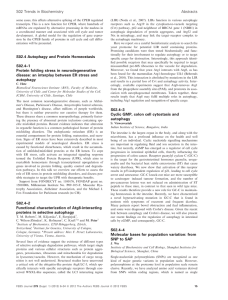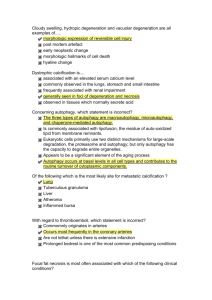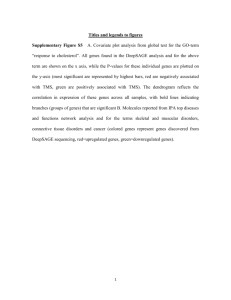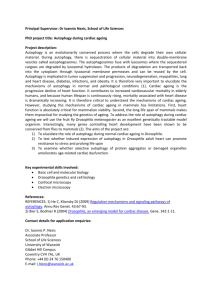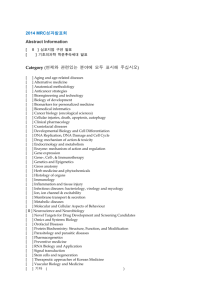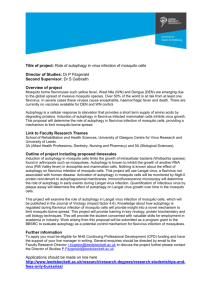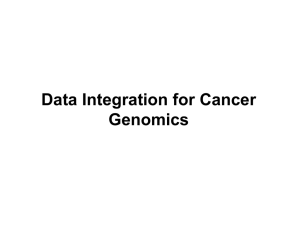SP21 THE EXPRESSION OF KEY AUTOPHAGY GENES IS
advertisement
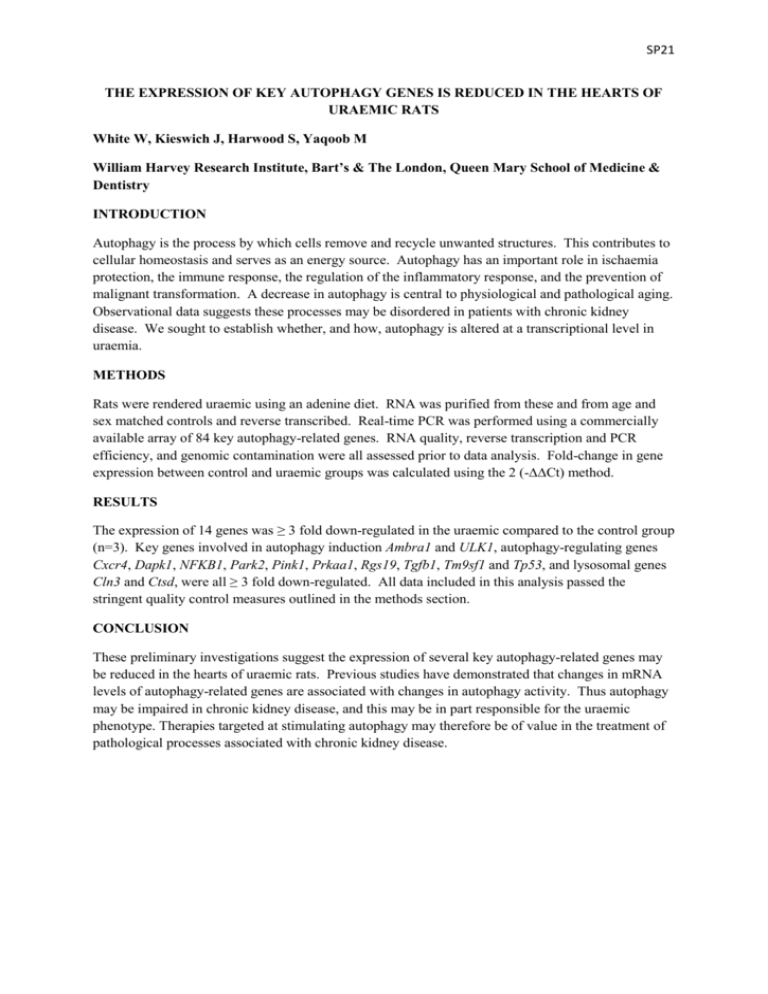
SP21 THE EXPRESSION OF KEY AUTOPHAGY GENES IS REDUCED IN THE HEARTS OF URAEMIC RATS White W, Kieswich J, Harwood S, Yaqoob M William Harvey Research Institute, Bart’s & The London, Queen Mary School of Medicine & Dentistry INTRODUCTION Autophagy is the process by which cells remove and recycle unwanted structures. This contributes to cellular homeostasis and serves as an energy source. Autophagy has an important role in ischaemia protection, the immune response, the regulation of the inflammatory response, and the prevention of malignant transformation. A decrease in autophagy is central to physiological and pathological aging. Observational data suggests these processes may be disordered in patients with chronic kidney disease. We sought to establish whether, and how, autophagy is altered at a transcriptional level in uraemia. METHODS Rats were rendered uraemic using an adenine diet. RNA was purified from these and from age and sex matched controls and reverse transcribed. Real-time PCR was performed using a commercially available array of 84 key autophagy-related genes. RNA quality, reverse transcription and PCR efficiency, and genomic contamination were all assessed prior to data analysis. Fold-change in gene expression between control and uraemic groups was calculated using the 2 (-∆∆Ct) method. RESULTS The expression of 14 genes was ≥ 3 fold down-regulated in the uraemic compared to the control group (n=3). Key genes involved in autophagy induction Ambra1 and ULK1, autophagy-regulating genes Cxcr4, Dapk1, NFKB1, Park2, Pink1, Prkaa1, Rgs19, Tgfb1, Tm9sf1 and Tp53, and lysosomal genes Cln3 and Ctsd, were all ≥ 3 fold down-regulated. All data included in this analysis passed the stringent quality control measures outlined in the methods section. CONCLUSION These preliminary investigations suggest the expression of several key autophagy-related genes may be reduced in the hearts of uraemic rats. Previous studies have demonstrated that changes in mRNA levels of autophagy-related genes are associated with changes in autophagy activity. Thus autophagy may be impaired in chronic kidney disease, and this may be in part responsible for the uraemic phenotype. Therapies targeted at stimulating autophagy may therefore be of value in the treatment of pathological processes associated with chronic kidney disease.
